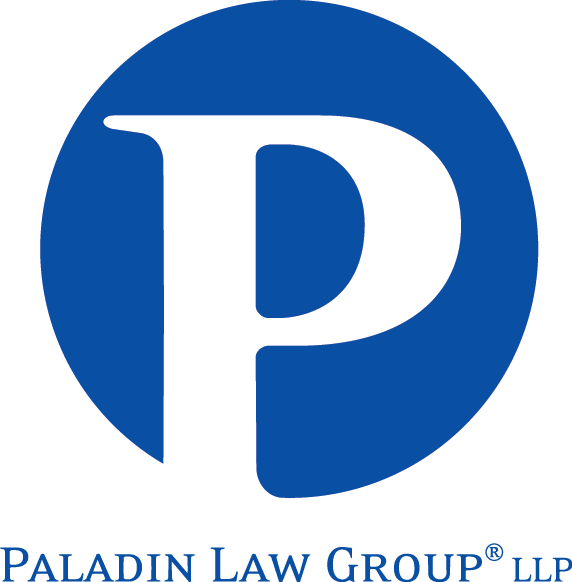Supreme Court lets Shell off the hook in pollution cleanup
- May 5, 2009
- Paladin Law Group® LLP
- News
- 0 Comments
by Michael Doyle, McClatchy Newspapers
WASHINGTON – California will pay more and companies pay less to clean up a polluted San Joaquin Valley site under a closely watched Supreme Court decision Monday.
Capping an excruciatingly long legal battle, the court by an 8-1 margin limited the liability of two major railroads for chemical spills in the Kern County town of Arvin. The court also absolved Shell of liability for the Arvin site, in a ruling could help restrict corporate liability in other future pollution cases as well.
“It’s a hugely significant case,” said Baker & Botts’ attorney Daniel Steinway, who wrote a legal brief on behalf of the National Association of Manufacturers and other business groups. “It will have enormous financial consequences for industry.”
The five-acre site in question, located about 21 miles southeast of Bakersfield, is laden with contaminated soil and groundwater. Formerly the Brown & Bryant agricultural chemical distribution center, the now-abandoned site is on the nation’s Superfund list of most-polluted sites.
It is one of 94 Superfund sites scattered throughout California, more than two dozen of which are located in the Central Valley region between Sacramento and Bakersfield. The sites typically cost tens of millions of dollars to clean up, prompting regulators to search for responsible parties who can be billed.
State and federal officials wanted to charge Shell, the Burlington Northern Santa Fe and Union Pacific railroads the full cost of the Arvin site clean-up, which has been underway since 1988. The railroads own part of the property in question, and Shell supplied some of the chemicals distributed by Brown & Bryant, which is now out of business.
The government officials wanted to apply what’s called joint-and-several liability. This means a responsible company can be charged 100 percent of the cleanup cost even if it is only responsible for, say, 1 percent of the problem.
Instead, the court ruled Shell wasn’t liable at all, while the railroads had only limited liability.
“The primary pollution was contained in an unlined sump and an unlined pond in the southeastern portion of the facility most distant from the railroads’ parcel,” Justice John Paul Stevens noted, adding that “the spills of hazardous chemicals that occurred on the railroad parcel contributed to no more than 10 percent of the total site contamination.”
The contamination includes pesticides, soil fumigants like D-D and Nemagon and the weed-killer dinoseb. Stevens reasoned separately that while Shell “was aware that minor, accidental spills” had occurred at the Arvin site, this knowledge was insufficient to conclude the company was an “arranger” of the disposal and hence fully responsible financially.
The court’s ruling overturned the San Francisco-based Ninth Circuit Court of Appeals and restored Fresno-based U.S. District Judge Oliver Wanger’s determination that the railroads owe a total of 9 percent of the total cleanup costs. The ruling absolved Shell, on the grounds that the company wasn’t directly involved in the pesticide spills. The cleanup so far has cost well over $8 million, and the final cleanup will require millions of dollars more.
The business-friendly ruling culminates a series of lawsuits that began in 1992, and it largely united the court’s traditional liberal and conservative wings, with only Justice Ruth Bader Ginsburg dissenting.
“Relieving Shell of any obligation to pay for the cleanup undertaken by the United States and California…is surely at odds with (the law’s) objective, to place the cost of remediation on persons whose activities contributed to the contamination rather than on the taxpaying public,” Ginsburg wrote.
For other companies, attorney Dan Steinway noted, the ruling means that onerous joint-and-several liability may be avoided if a percentage of liability can be calculated.
(read online version)

Leave a Reply
You must be logged in to post a comment.